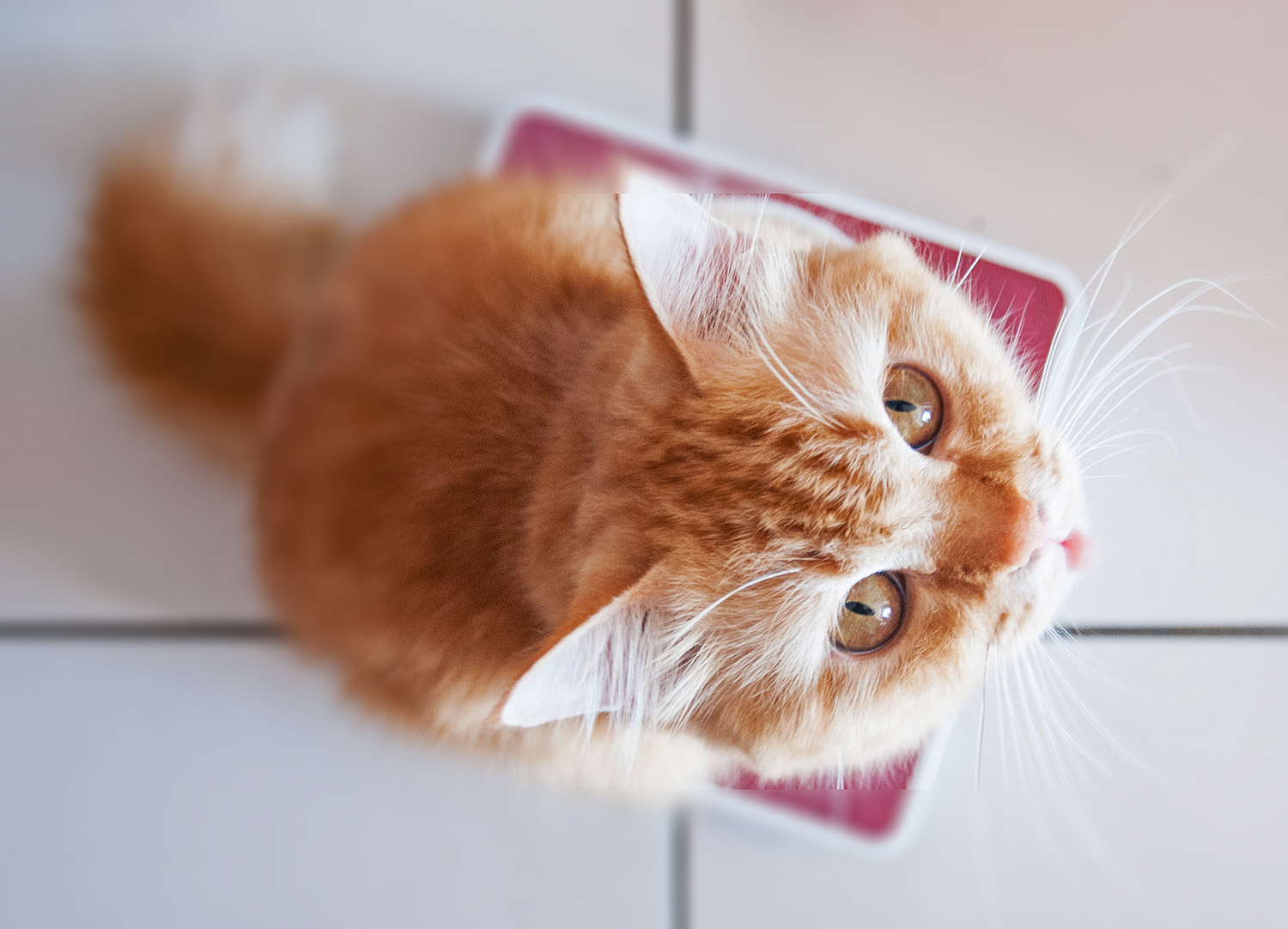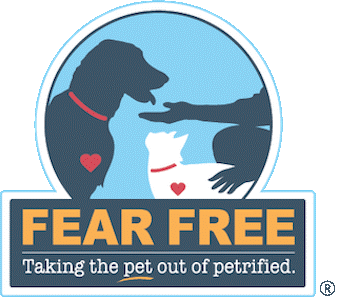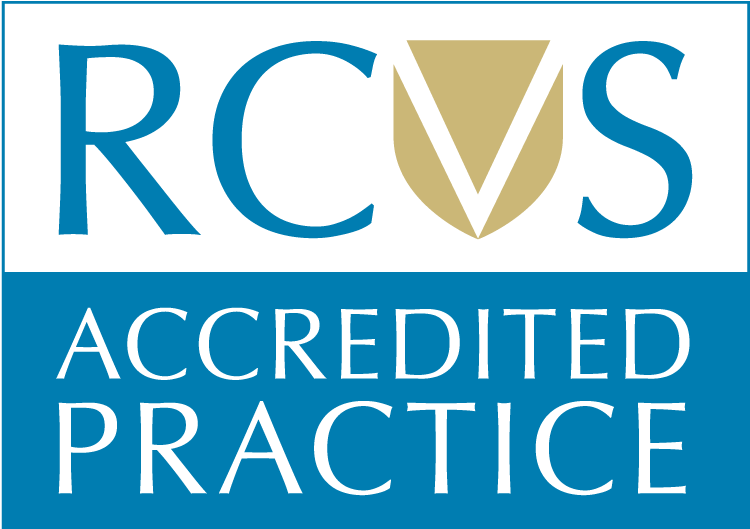Obesity in pets

Obesity is one of the most common conditions seen in pets in the UK. This condition generally progresses gradually, making it difficult to monitor visually from home. Regular weighing and monitoring food intake is useful in preventing this condition.
What is obesity?
Obesity is an accumulation of excess body fat However, while that may sound obvious, it can be difficult to notice a change in your pet’s body fat level due to seeing them every day, as the changes will be gradual. Seeking veterinary attention is recommended if you suspect your dog is overweight. Here at Highgate Veterinary Practice we are reviewed as one of the best vets in Cambridgeshire and will be able to help you.
How will vets diagnose obesity?
Veterinary professionals will diagnose obesity after performing a clinical examination on your pet including a physical examination, weighing, and sometimes measurements will be taken. Weighing and measuring your pet are very useful for monitoring weight changes. They enable you to assess if diets are working and look for trends in body weight changes over time.
Your pet’s weight alone is not the full story, so your vet will perform a body condition score, assessing your pet’s shape and fat coverage both visually and by touch (palpating) around the rib cage, abdomen, and spine. This score is usually out of 9, with an ideal body condition score being between 4 and 5. If a 5-point score is used, 3 is ideal. Body condition scoring is regularly performed by veterinary professionals and therefore can be used as a monitoring tool.
What are the problems associated with obesity in pets?
Many diseases are more common in obese pets compared to animals of a healthier weight. Osteoarthritis is perhaps the most obvious condition which is much more common in obese animals. This is partly because with every step, a larger amount of pressure is being put through each joint, causing damage and inflammation leading to osteoarthritis. However, fatty tissue itself can contribute to inflammation, which might be part of the problem too.
Diseases such as diabetes mellitus, respiratory disease and spinal problems are more common in obese patients. We highly recommend you monitoring your pet’s weight, especially after neutering or surgery, as these are common times when pets are likely to put on weight.
How can I get my pet to lose weight?
Weight loss occurs when the calories used up by the body are more than the calories consumed. To alter this equation, to result in weight loss, you either need to reduce the number of calories consumed or increase the amount of exercise your pet does. For the quickest, most successful weight loss, we recommend doing both.
First of all, you must work out how many calories your pet consumes on a day-to-day basis. The total calorie consumption includes all meals, treats, drinks other than water and any human food they consume. Once you know the amount of food your pet currently eats, we can analyse your pet’s diet, perhaps recommend a new, low calorie, food to suit your pet, as well as correct interval feeding to match your pet’s energy needs, while working around your own lifestyle. Treats will likely be limited, or consist of their normal food taken out of their daily allowance, and only given at specific times of the day. As an owner, you need to take responsibility for the changes made to your pet’s feeding and exercise habits. They are relying on you to improve the status of their health.
Once the diet is underway and is working, an exercise routine may be added. Exercise is very challenging for your pet’s body when they are obese, due to the additional stresses on the cardiovascular system, the joints and the respiratory system, so any increase should be added slowly and under our advice. As your pet loses weight, you are likely to notice an increase in energy levels and they therefore enjoy exercising more. Increasing exercise for dogs is quite straightforward – gradually adding extra distance or time to their daily walks will do the trick. But it can be more challenging with cats – try encouraging them to play with toys and provide them with opportunities to move more, with towers to climb and boxes to jump into, for example.
Of course, some animals use their food more efficiently than others. This is because of individual genetic, hormonal, or even microbiome (the good bacteria in the bowel) differences. So even if you have calculated their food perfectly, they may not lose weight as fast as you expect – which is why regular checking is essential!
How can I measure weight loss?
There are multiple ways to measure weight loss in your pet. One option is weighing yourself, then picking up your pet and weighing both of you together. Subtracting your own weight from the total will give you your pet’s weight. Alternatively, you can bring your pet into the practice for us to weigh them, which will also give you more encouragement to get results, with us checking in on progress too!
A more accurate measure of fat loss would be measuring the diameter of your pet’s hips, waist and neck. This is more accurate, as muscle weighs more than fat for a given volume. Therefore, if your pet’s muscle mass increases due to extra exercise, their progress may not seem to be as good, leading you to falsely believe the diet is not working well.
How much should my pet weigh?
Each pet’s ideal weight is specific to them and, therefore, a target weight should be set by a professional following examination of your pet’s current weight, bone structure, breed and sex. Please do not look at breed specific weights; they are not personalised and may be unrealistic. Weight loss should not be rushed – 1-2% body weight per week is usually the maximum safe value at home – and needs to be a team effort involving everyone within the pet’s life. If one person continues giving your pet treats which are not included within their diet plan, you are not going to get the results you believe you should be getting. It is a collaborative effort, and everyone must be on board from the start.
If you have any further questions regarding obesity in pets, please contact us. We are more than happy to start a weight loss journey for your pet, increasing the likelihood of a long, happy and healthy life.
We offer free weight clinics with our nursing team. To book your appointment, please get in touch.








